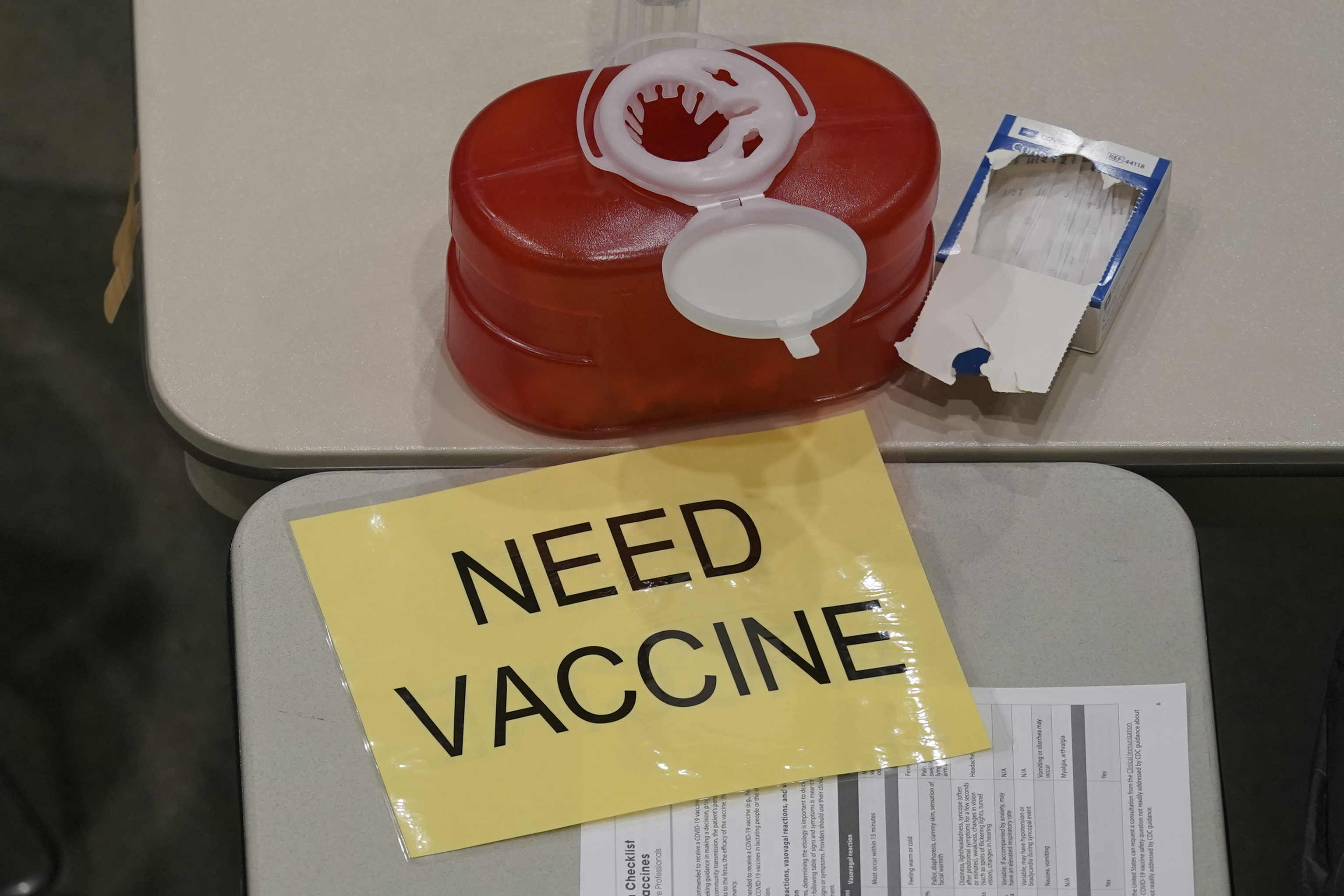
Experts warn wealthier economies would not be able to recover if lower-income countries continue to bear the brunt of the economic crisis caused by the pandemic. )(Photo: AP)
The global economy is at risk of losing a staggering $9.2 trillion if governments fail to ensure global access to COVID-19 vaccines, the International Chamber of Commerce (ICC) revealed in a study presented to the World Health Organization (WHO) on Monday.
WHO Director-General Tedros Adhanom Ghebreyesus warned that nearly half of that amount could fall upon the "wealthiest economies."
"Vaccine nationalism might serve short-term political goals but it is in every nation's economic interest to support vaccine equity," he said in a press conference on Monday.
"Until we end the pandemic everywhere, we won't end it anywhere," he added.
The ICC study says: "Advanced economies have in recent months pursued a policy of securing the global supply of front-runner vaccines, as a result severely limiting their availability in emerging markets."
However, ICC experts warned this approach would be counter-productive, as wealthier economies would not be able to recover fully if lower-income countries were still bearing the brunt of the economic crisis caused by the pandemic.
"Advanced economies that can vaccinate all of their citizens are shown to remain at risk of a sluggish recovery with a drag on GDP if infection continues to spread unabated in emerging markets," the study says.
"Governments have failed to understand the impact on trade and supply chains and failure to operate effectively until all countries are vaccinated," ICC Secretary General John Denton told the WHO.
"Understand better: if you want to fix your own economy you'll have to be involved in fixing the global economy. This is not an act of charity, it is economic common sense," he said.
Denton explained the billions of dollars invested nationally in domestic stimulus would not be durable if lower-income countries are not helped, because of their impact on international supply chains, trade and exports.
He also called out several countries such as the U.S., Canada, Australia, Japan and all EU member states, saying they can do more to facilitate equitable access to vaccines.
He urged these nations to "step up and pay up," as $26 billion is still needed for the Access to COVID-19 Tools (ACT) Accelerator, which "remains underfunded by the world's largest economies, constraining its ability to procure vaccines at scale for the developing world."


